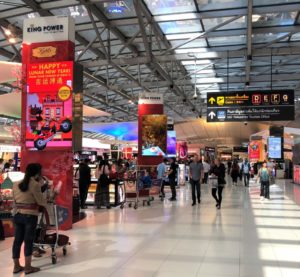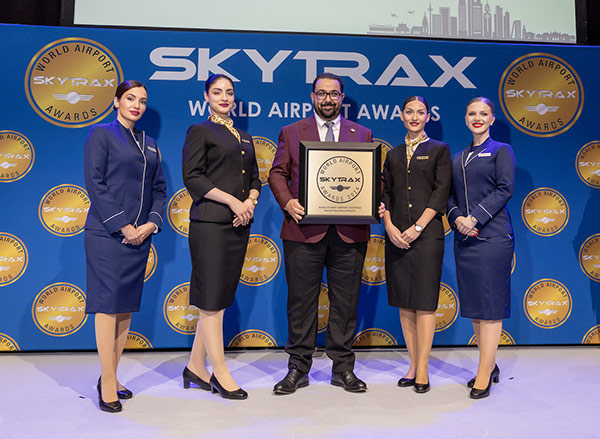THAILAND. Uncertainty continues to surround the fate of the controversial duty free tender for Suvarnabhumi Airport in Bangkok and a separate bid covering duty free retailing at Chiang Mai, Hat Yai and Phuket airports amid an increasing war of words in the Thai media and the introduction of a revamped Public-Private Partnership (PPP) Act.
As reported, Airports of Thailand came under concerted criticism for its initial decision to offer a single contract across all four airports. Following intense external and political pressure, it subsequently announced on 29 March that it would tender the Suvarnabhumi concession separately from another collective contract for the other three airports.

King Power International’s contract at Suvarnabhumi is set to expire in 2020. A licence for non-duty free commercial activity at the capital city’s main gateway, including food & beverage, services and foreign exchange, expires at the same time and is also being put to tender. So is a contract covering airport pick-up counters.
As we revealed previously, the next Bangkok Suvarnabhumi duty free concession will commence on 28 September 2020 and expire on 31 March 2031. Under a revised timetable, bids for this concession must be submitted by 22 May, with technical presentations planned for 27/28 May, and Airports of Thailand will announce the results by 31 May.

However, in a story headlined ‘Duty-free drama unfolds’, the Bangkok Post today reported that a government-appointed panel is considering whether the duty free bids fall under the new Public-Private Partnership (PPP) Act. The panel’s findings are expected within two weeks, the newspaper reported a day earlier, quoting Deputy Prime Minister Somkid Jatusripitak
The new PPP law, implemented on 10 March, requires the chairmen of the Thai Chamber of Commerce, the Federation of Thai Industries and the Thai Bankers’ Association to be included as members, the online story reported.

In its report today, the Bangkok Post quoted Deunden Nikomborirak, Research Director for Economic Governance at the Thailand Development Research Institute, who said that if the duty-free concessions fall under the PPP Act, the bidding procedure will have to “start from scratch again”.
The article cited the multi-retailer offer at Incheon International, Hong Kong International and Changi International airports, with Ms Deunden claiming that such competition drove increased sales.
She contended, questionably, that the main reason Thailand lagged behind South Korea’s “booming” duty free industry was the latter’s government’s promotion of competition [In fact, the South Korean market’s extraordinary 35% growth last year to US$17 billion was driven by soaring sales to Chinese daigou shoppers; Incheon Airport duty free sales rose nearly 15% to US$2.4 billion for 2018. Interestingly, new Lotte Duty Free CEO Kap Lee told The Moodie Davitt Report in a recent exclusive interview, “Looking at the big airports like Incheon and Hong Kong, it is really hard for operators to generate operating profits. Those operators who do generate strong operating profits tend to have a sole [cross-category] licence – like King Power in Thailand and Dubai Duty Free. Where you have multiple retailers, it is really hard for operators to compete with each other while at the same time generating operating profits.” -Ed].












